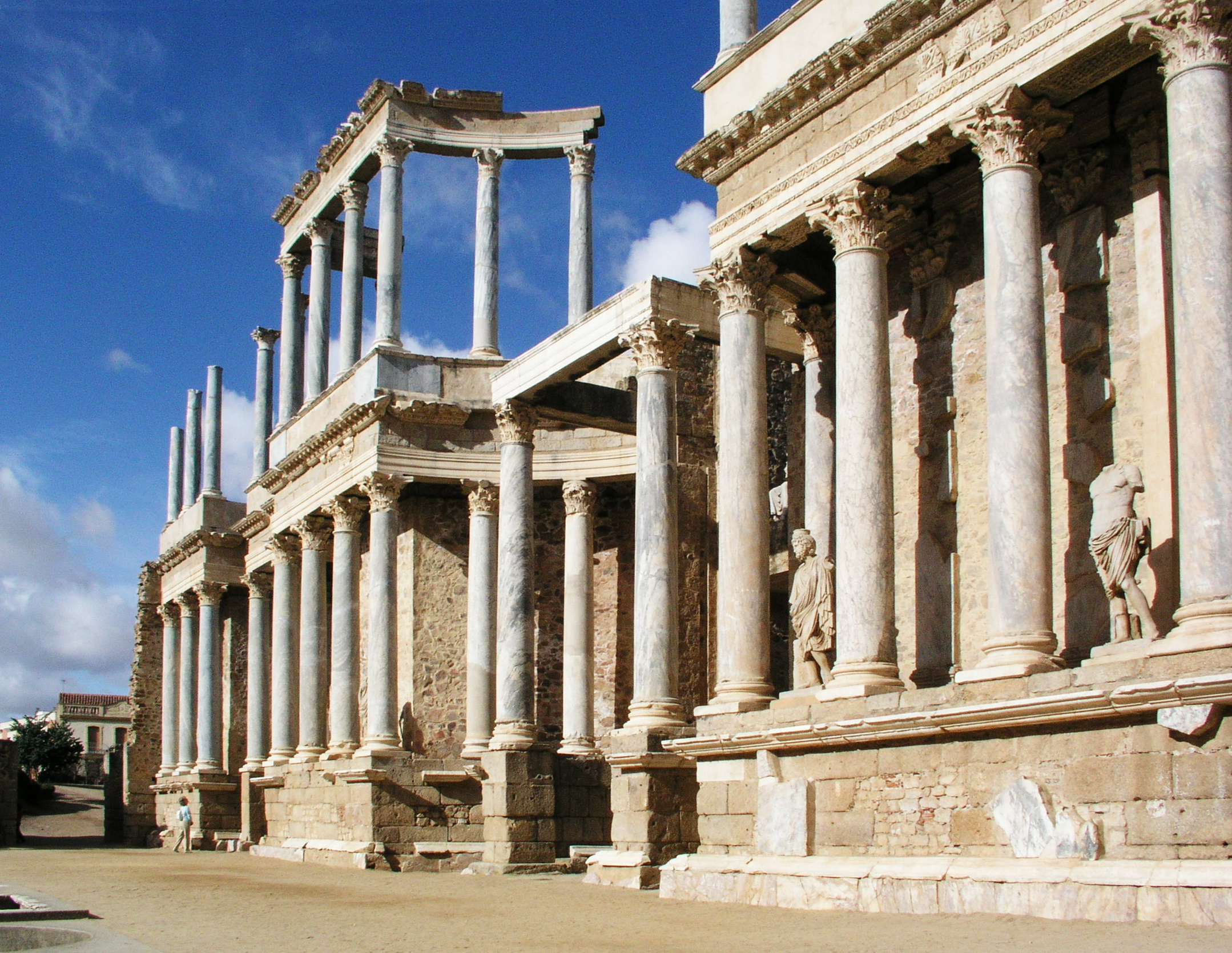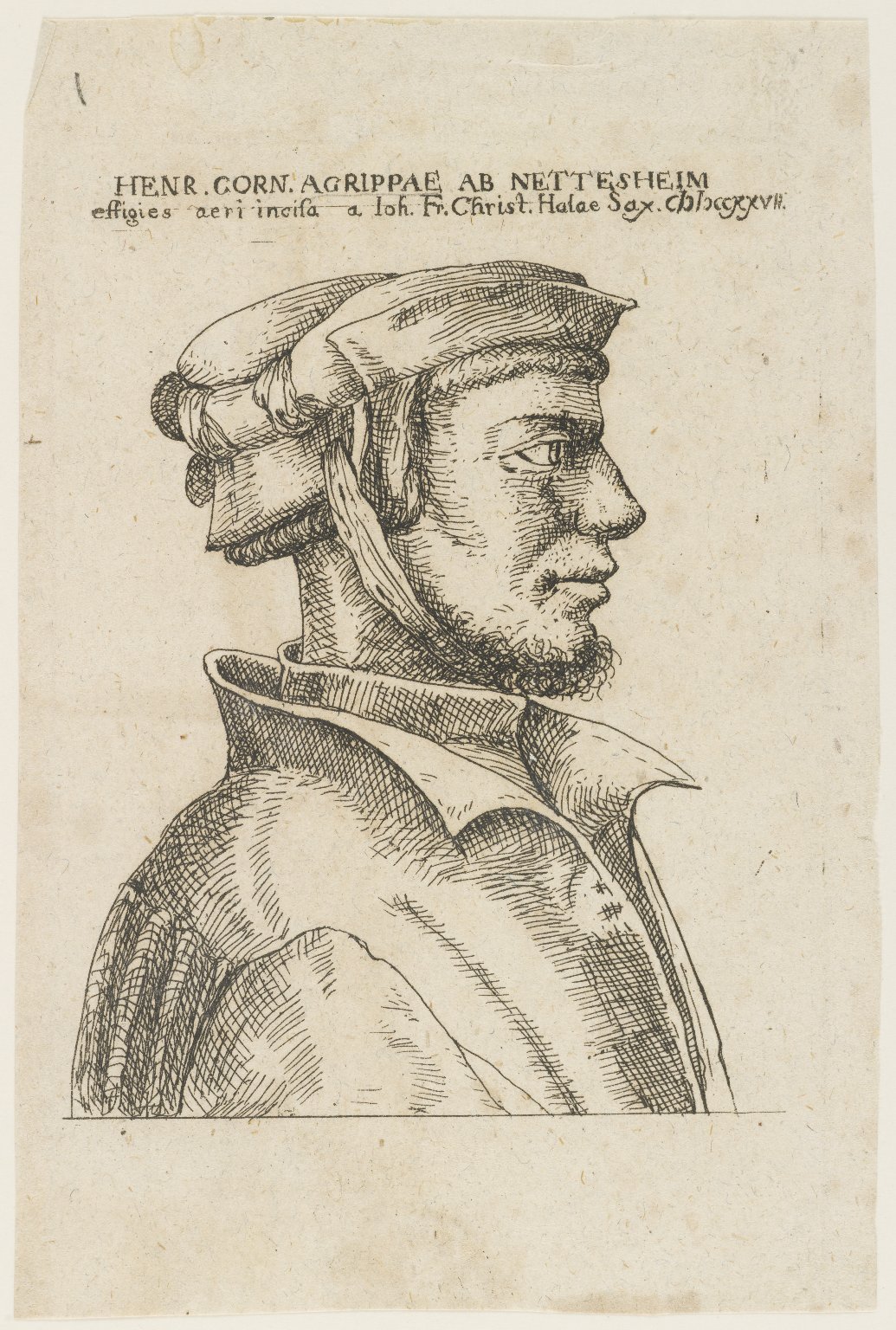|
Agrippa
Agrippa may refer to: People Antiquity * Agrippa (mythology), semi-mythological king of Alba Longa * Agrippa (astronomer), Greek astronomer from the late 1st century * Agrippa the Skeptic, Skeptic philosopher at the end of the 1st century * Agrippa Menenius Lanatus, Roman consul in 503 BC * Marcus Vipsanius Agrippa (63–12 BC), Roman statesman and general, friend and lieutenant of Augustus Caesar * Agrippa Postumus (12 BC–AD 14) * Gaius Fonteius Agrippa, father and son with the same name; the former an accuser of Libo, the latter suffect consul in AD 58 * Decimus Haterius Agrippa, consul in AD 22 * Marcus Asinius Agrippa, consul in AD 25 * Vibulenus Agrippa, committed suicide in the Roman senate in AD 36 * Herod Agrippa, (10 BC–AD 44) grandson of Herod the Great, king of Judea, friend of Claudius * Herod Agrippa II, (AD 27–100), his son * Agrippa Castor, Christian Roman writer of the 2nd century * Julius Agrippa, Centurion of the 2nd century * Marcius Agrippa, slav ... [...More Info...] [...Related Items...] OR: [Wikipedia] [Google] [Baidu] |
Herod Agrippa
Herod Agrippa I ( Roman name: Marcus Julius Agrippa; ), also simply known as Herod Agrippa, Agrippa I, () or Agrippa the Great, was the last king of Judea. He was a grandson of Herod the Great and the father of Herod Agrippa II, the last known king from the Herodian dynasty.Agrippa II held a title of king but he reigned over other territories in the Eastern Mediterranean, not over Judea. He was an acquaintance or friend of Roman emperors and played crucial roles in internal Roman politics. He spent his childhood and youth at the imperial court in Rome where he befriended the imperial princes Claudius and Drusus. He suffered a period of disgrace following the death of Drusus which forced him to return to live in Judea. Back in Rome around 35, Tiberius made him the guardian of his grandson Tiberius Gemellus, and Agrippa approached the other designated heir, Caligula. The advent of Caligula to the throne allowed Agrippa to become king of Batanea, Trachonitis, Gaulanitis, Auran ... [...More Info...] [...Related Items...] OR: [Wikipedia] [Google] [Baidu] |
Marcus Vipsanius Agrippa
Marcus Vipsanius Agrippa (; BC – 12 BC) was a Roman general, statesman and architect who was a close friend, son-in-law and lieutenant to the Roman emperor Augustus. Agrippa is well known for his important military victories, notably the Battle of Actium in 31 BC against the forces of Mark Antony and Cleopatra. He was also responsible for the construction of some of the most notable buildings of his era, including the original Pantheon. Born to a plebeian family , in an uncertain location in Roman Italy, he met the future emperor Augustus, then known as Octavian, at Apollonia, in Illyria. Following the assassination of Octavian's great-uncle Julius Caesar in 44 BC, Octavian returned to Italy. Around this time, Agrippa was elected tribune of the plebs. He served as a military commander, fighting alongside Octavian and Caesar's former general and right-hand man Mark Antony in the Battle of Philippi. In 40 BC, he was ''praetor urbanus'' and played a major role in the Peru ... [...More Info...] [...Related Items...] OR: [Wikipedia] [Google] [Baidu] |
Heinrich Cornelius Agrippa
Heinrich Cornelius Agrippa von Nettesheim (; ; 14 September 1486 – 18 February 1535) was a German Renaissance polymath, physician, legal scholar, soldier, knight, theologian, and occult writer. Agrippa's ''Three Books of Occult Philosophy'' published in 1533 drew heavily upon Kabbalah, Hermeticism, and Neoplatonism. His book was widely influential among esotericists of the early modern period, and was condemned as heretical by the inquisitor of Cologne. Early life and education Agrippa was born in Nettesheim, near Cologne, on 14 September 1486, to a family of middle nobility.. In letters later in life he wrote that members of his family had been in the service of the House of Habsburg, although such claims may have been motivated by a desire to gain the support of potential patrons. On the record of his matriculation at the University of Cologne in 1499, he is listed simply as a citizen of Cologne, and his father's name is recorded as Henricus de Nettesheym. Agrippa studied at t ... [...More Info...] [...Related Items...] OR: [Wikipedia] [Google] [Baidu] |
Agrippa (A Book Of The Dead)
''Agrippa (A Book of the Dead)'' is a work of art created by science fiction novelist William Gibson, artist Dennis Ashbaugh and publisher Kevin Begos Jr. in 1992. The work consists of a 300-line semi-autobiographical Electronic literature, electronic poem by Gibson, embedded in an artist's book by Ashbaugh. Gibson's text focused on the ethereal, human-owed nature of memories retained over the passage of time (the title referred to a Kodak photo album from which the text's memories are taken). Its principal notoriety arose from the fact that the poem, stored on a 3.5" floppy disk, was programmed to encrypt itself after a single use; similarly, the pages of the artist's book were treated with photosensitive chemicals, effecting the gradual fading of the words and images from the book's first exposure to light. The work is recognised as an early example of electronic literature. Origin and concept The impetus for the initiation of the project was Kevin Begos Jr., a publisher of m ... [...More Info...] [...Related Items...] OR: [Wikipedia] [Google] [Baidu] |
Herod Agrippa II
Herod Agrippa II ( Roman name: Marcus Julius Agrippa, ; AD 27/28 – or 100), sometimes shortened to Agrippa II or Agrippa, was the last ruler from the Herodian dynasty, reigning over territories outside of Judea as a Roman client. Agrippa II fled Jerusalem in 66, fearing the Jewish uprising, and he supported the Roman side in the First Jewish–Roman War. Early life Herod Agrippa II was the son of the first and better-known Herod Agrippa and the brother of Berenice, Mariamne, and Drusilla (second wife of the Roman procurator Antonius Felix). He was educated at the court of the emperor Claudius, and at the time of his father's death he was 17 years old. Claudius therefore kept him at Rome and sent Cuspius Fadus as procurator of the Roman province of Judaea. While at Rome, he voiced his support for the Jews to Claudius and against the Samaritans and the procurator of Iudaea Province, Ventidius Cumanus, who was thought to have been the cause of some disturbances t ... [...More Info...] [...Related Items...] OR: [Wikipedia] [Google] [Baidu] |
Agrippa Postumus
Marcus Agrippa Postumus (12 BC – AD 14),: "The elder Agrippa died, in the summer of 12 BC, while Julia was pregnant with their fifth child. The boy was very likely born sometime after June 26 of the following year. When his grandfather adopted him, on the same date in AD 4, the youth had not yet assumed the ''toga virilis''; therefore, he was probably less than 15 years of age". later named Agrippa Julius Caesar, was a grandson of Roman Emperor Augustus. He was the youngest child of Marcus Vipsanius Agrippa and Julia the Elder. Augustus initially considered Postumus as a potential successor and formally adopted him as his heir, before banishing Postumus from Rome in AD 6 on account of his ("beastly nature"). In effect, though not in law, the action cancelled his adoption and virtually assured Tiberius' emplacement as Augustus' sole heir. Postumus was ultimately executed by his own guards shortly after Augustus' death in AD 14. Postumus was a member of the Julio-Claudian dynast ... [...More Info...] [...Related Items...] OR: [Wikipedia] [Google] [Baidu] |
Agrippa (crater)
Agrippa is a lunar impact crater that is located at the southeast edge of the Mare Vaporum. It is located to the north of the crater Godin, the irregular Tempel lies just to the east. To the north and northeast, the rille designated Rima Ariadaeus follows a course to the east-southeast, reaching the western edge of Mare Tranquillitatis. It is named after the 1st century Greek astronomer Agrippa. The rim of Agrippa has an unusual shape, resembling the form of a shield with a rounded southern rim and a more angular northern half. The interior is somewhat irregular, with a central rise at the midpoint. The crater is from the Eratosthenian The Eratosthenian period in the lunar geologic timescale runs from 3,200 million years ago to 1,100 million years ago. It is named after the crater Eratosthenes, which displays characteristics typical of craters of this age, including a surface ... period, which lasted from 3.2 to 1.1 billion years ago. Satellite craters By convention th ... [...More Info...] [...Related Items...] OR: [Wikipedia] [Google] [Baidu] |
Camillo Agrippa
Camillo Agrippa (1520 – 1 January 1600) was a noted fencing, fencer, architect, engineer and mathematician of the Renaissance. He is considered to be one of the greatest fencing theorists of all time. Biography Though born in Milan, Agrippa lived and worked in Rome, where he was associated with the Confraternity of St. Joseph of the Holy Land and the literary and artistic circle around Cardinal Alessandro Farnese. He is most renowned for applying geometric theory to solve problems in armed combat. In his ''Treatise on the Science of Arms with Philosophical Dialogue'' (published in 1553), he proposed dramatic changes in the way swordsmanship was practised at the time. For instance, he pointed out the effectiveness of holding the sword in front of the body instead of behind it. He also simplified Achille Marozzo's eleven guards down to four: ''prima'', ''seconda'', ''terza'' and ''quarta'', which roughly correspond to the hand positions used today in the Italian school. He is al ... [...More Info...] [...Related Items...] OR: [Wikipedia] [Google] [Baidu] |
Agrippa The Skeptic
Agrippa () was a Pyrrhonist philosopher who probably lived towards the end of the 1st century CE. He is regarded as the author of "The Five Tropes (or Modes, in ) of Agrippa", which are purported to establish the necessity of suspending judgment (epoché). Agrippa's arguments form the basis of the Agrippan trilemma. The five modes of Agrippa Sextus Empiricus described these "modes" or "tropes" in ''Outlines of Pyrrhonism'', attributing them "to the more recent skeptics"; Diogenes Laërtius attributes them to Agrippa.Diogenes Laërtius, ix. The five modes of Agrippa (also known as the five tropes of Agrippa) are: # ''Dissent'' – The uncertainty demonstrated by the differences of opinions among philosophers and people in general. # ''Progress ad infinitum'' – All proof rests on matters themselves in need of proof, and so on to infinity, i.e., the regress argument. # '' Relation'' – All things are changed as their relations become changed, or, as we look upon them fro ... [...More Info...] [...Related Items...] OR: [Wikipedia] [Google] [Baidu] |
Agrippa D'Aubigné
Théodore-Agrippa d'Aubigné (, 8 February 155229 April 1630) was a French poet, soldier, propagandist and chronicler. His Epic poetry, epic poem ''Les Tragiques'' (1616) is widely regarded as his masterpiece. In a book about his Catholic contemporary Jean de La Ceppède, the English poet Keith Bosley called d'Aubigné "the epic poet of the Protestant cause," during the French Wars of Religion. Bosley added, however, that after d'Aubigné's death, he "was forgotten until the Romantic poets, Romantics rediscovered him." Life Born at the Château of Saint-Maury, near Pons, Charente-Maritime, Pons, in present-day Charente-Maritime, his father was Jean d'Aubigné, who was involved in the 1560 Huguenot Amboise conspiracy to seize power by staging a palace coup, kidnapping King Francis II of France, and arresting his Catholic advisors. After the defeat of the plot, d'Aubigné's father strengthened his Calvinist sympathies by showing him, while they were passing through Amboise, the head ... [...More Info...] [...Related Items...] OR: [Wikipedia] [Google] [Baidu] |
Agrippa (astronomer)
Agrippa (; ) was a Greek astronomer. The only thing that is known about him regards an astronomical observation that he made in 92 AD. Ptolemy writes that in the twelfth year of the reign of Domitian, on the seventh day of the Bithynian month ''Metrous'', Agrippa observed the occultation of a part of the Pleiades by the southernmost part of the Moon. The purpose of Agrippa's observation was probably to check the precession of the equinoxes, which was discovered by Hipparchus. The lunar crater Agrippa Agrippa may refer to: People Antiquity * Agrippa (mythology), semi-mythological king of Alba Longa * Agrippa (astronomer), Greek astronomer from the late 1st century * Agrippa the Skeptic, Skeptic philosopher at the end of the 1st century * Ag ... is named after him. References External linksAgrippa Ancient Greek astronomers 1st-century Greek people 1st-century births 1st-century deaths 1st-century astronomers {{Greece-scientist-stub ... [...More Info...] [...Related Items...] OR: [Wikipedia] [Google] [Baidu] |
Gaius Fonteius Agrippa
Gaius Fonteius Agrippa was the name of two related people in Roman history: *Gaius Fonteius Agrippa was one of the four accusers of Marcus Scribonius Libo in 16 AD. Agrippa profited financially from the accusation, as he was rewarded with a share of Libo's property after the man committed suicide. As a result of this prosecution, he was also made praetor in 17 AD. He is again mentioned in 19 AD, as offering his daughter for a vestal virgin, in competition with the daughter of Domitius Pollio, to replace Occia who had recently died. As Agrippa had been recently divorced, Pollio's daughter won the honor. Even still, as a consolation the emperor Tiberius gave Agrippa's daughter a million sestertii for her dowry. *Gaius Fonteius Agrippa, probably the son of the preceding, was suffect consul in 58 AD. In 69 AD, he succeeded Marcus Aponius Saturninus as proconsular governor of the Roman province of Asia. He was recalled from that place by Vespasian, and placed over M ... [...More Info...] [...Related Items...] OR: [Wikipedia] [Google] [Baidu] |






